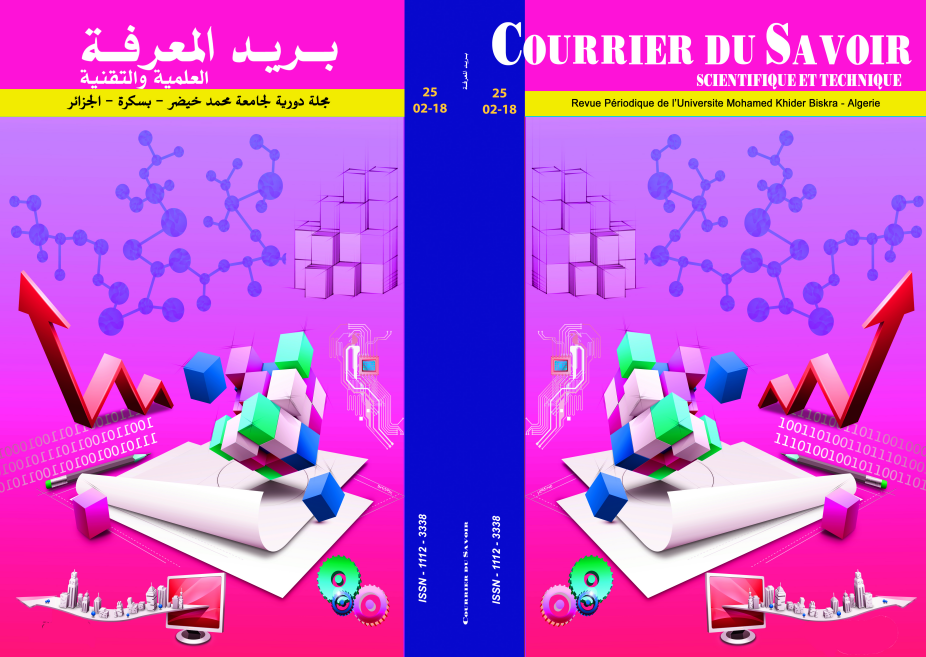Study of some Macromycetes mushrooms; in the Atlas cedar forests of the Belezma massif (Batna, Algeria)
Résumé
RESUME
La richesse mycologique du massif de Belezma demeure très mal connue, car n’a jamais fait l’objet d’un inventaire. Ainsi ; cette étude porte sur l’étude du cortège fongique des cédraies dont l’objectif d’obtenir une liste la plus complète possible d’espèces de la zone considérée, dans le cadre d’un état des lieux initial de la fonge.
La reconnaissance de la flore fongique a été faite sur une série de critères, à savoir les caractères morphologiques d’identification qui sont observés à l’œil nu et approfondies au laboratoire à l’aide d’une loupe binoculaire, des caractères organoleptiques tel que la couleur, saveur, odeur, toucher ; ont été ainsi déterminés et en fin des critères microscopiques à l’aide des coupes microscopiques au niveau des structures anatomiques.
Notre étude, a permis d’inventorier 51 espèces dont 98.06 % de cette fonge appartient à la division de Basidiomycètes et 1.94 % aux Ascomycètes. Parmi ces dernières ; 49 espèces ont été décrites pour la première fois dans la région du parc national de Belezma. La majorité des espèces rencontrées sont caractérisées des rôles importants et diversifiés.
Mots clES: Fonge, morphologique, microscopiques, spore, Ascomycètes, Basidiomycètes, Belezma.
ABSTRACT
The phanerogamic flora of cedar forests that belonging to Belezma massif - Batna (Algeria) was partially studied; however its mycological richness remains largely unknown because it has never been inventoried. Thus; this study aimed to the investigate of the fungic procession of the cedar forests of which the objective to obtain the most complete possible list of species of the considered area ; fully as possible within the framework of an initial inventory of fungi.
The identification of fungal flora was based on a number of criteria, namely the macroscopic and microscopic morpphological characters, organoleptic characteristics such as the color, flavour, odor, touch; were thus determined and at the end of the microscopic criteria using the microscopic cuts on the level of the anatomical structures.
Our study allowed us to inventory 51 species 98.06% of these fungi belong to the division Basidiomycetes and 1.94% to the Ascomycetes. Of these; 49 species have been met for the first time in the National Park area. The majority of the found species have important and diverse roles.
Keywords: Fungi, morphologcal, microscopic, spore, Ascomycetes, Basidiomycetes, Belezma.


